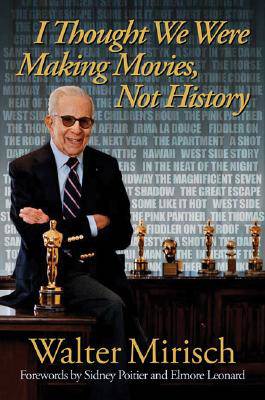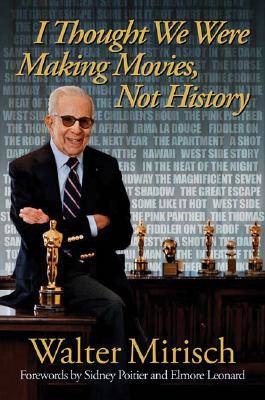
- Retrait gratuit dans votre magasin Club
- 7.000.000 titres dans notre catalogue
- Payer en toute sécurité
- Toujours un magasin près de chez vous
- Retrait gratuit dans votre magasin Club
- 7.000.0000 titres dans notre catalogue
- Payer en toute sécurité
- Toujours un magasin près de chez vous
Description
In 1968, at the peak of the Vietnam War, centrist Congressman Melvin Laird (R-WI) agreed to serve as Richard Nixon s secretary of defense. It was not, Laird knew, a move likely to endear him to the American public but as he later said, Nixon couldn t find anybody else who wanted the damn job. For the next four years, Laird deftly navigated the morass of the war he had inherited. Lampooned as a missile head, but decisive in crafting an exit strategy, he doggedly pursued his program of Vietnamization, initiating the withdrawal of U.S. military personnel and gradually ceding combat responsibilities to South Vietnam. In fighting to bring the troops home faster, pressing for more humane treatment of POWs, and helping to end the draft, Laird employed a powerful blend of disarming Midwestern candor and Washington savvy, as he sought a high moral road bent on Nixon s oft-stated (and politically instrumental) goal of peace with honor.
The first book ever to focus on Laird s legacy, this authorized biography reveals his central and often unrecognized role in managing the crisis of national identity sparked by the Vietnam War and the challenges, ethical and political, that confronted him along the way. Drawing on exclusive interviews with Laird, Henry Kissinger, Gerald Ford, and numerous others, author Dale Van Atta offers a sympathetic portrait of a man striving for open government in an atmosphere fraught with secrecy. Van Atta illuminates the inner workings of high politics: Laird s behind-the-scenes sparring with Kissinger over policy, his decisions to ignore Nixon s wilder directives, his formative impact on arms control and health care, his key role in the selection of Ford for vice president, his frustration with the country s abandonment of Vietnamization, and, in later years, his unheeded warning to Donald Rumsfeld that it s a helluva lot easier to get into a war than to get out of one. Best Books for Regional Special Interests, selected by the American Association of School Librarians, and Best Books for Special Interests, selected by the Public Library Association"
The first book ever to focus on Laird s legacy, this authorized biography reveals his central and often unrecognized role in managing the crisis of national identity sparked by the Vietnam War and the challenges, ethical and political, that confronted him along the way. Drawing on exclusive interviews with Laird, Henry Kissinger, Gerald Ford, and numerous others, author Dale Van Atta offers a sympathetic portrait of a man striving for open government in an atmosphere fraught with secrecy. Van Atta illuminates the inner workings of high politics: Laird s behind-the-scenes sparring with Kissinger over policy, his decisions to ignore Nixon s wilder directives, his formative impact on arms control and health care, his key role in the selection of Ford for vice president, his frustration with the country s abandonment of Vietnamization, and, in later years, his unheeded warning to Donald Rumsfeld that it s a helluva lot easier to get into a war than to get out of one. Best Books for Regional Special Interests, selected by the American Association of School Librarians, and Best Books for Special Interests, selected by the Public Library Association"
Spécifications
Parties prenantes
- Auteur(s) :
- Editeur:
Contenu
- Nombre de pages :
- 470
- Langue:
- Anglais
- Collection :
Caractéristiques
- EAN:
- 9780299226404
- Date de parution :
- 01-04-08
- Format:
- Livre relié
- Format numérique:
- Genaaid
- Dimensions :
- 160 mm x 236 mm
- Poids :
- 839 g

Les avis
Nous publions uniquement les avis qui respectent les conditions requises. Consultez nos conditions pour les avis.






